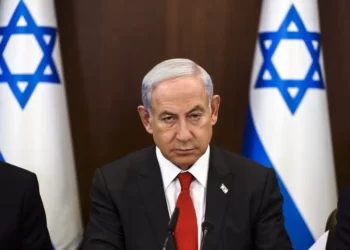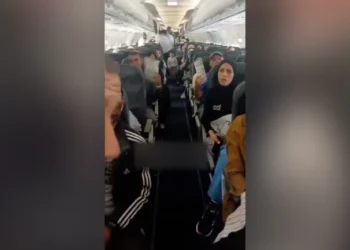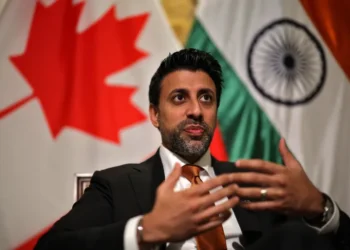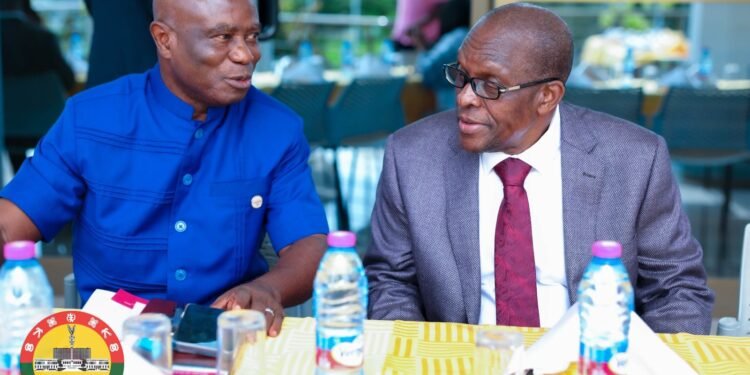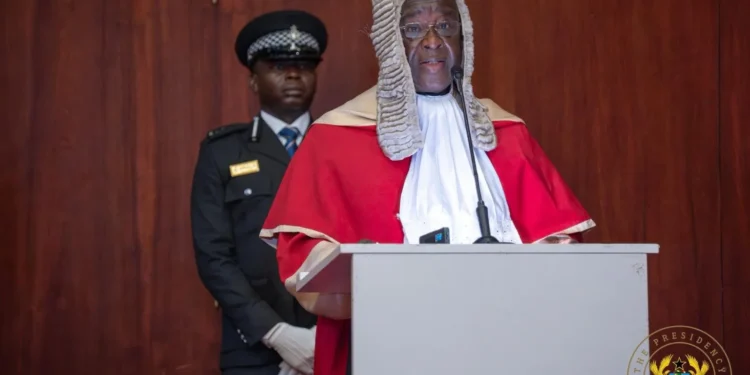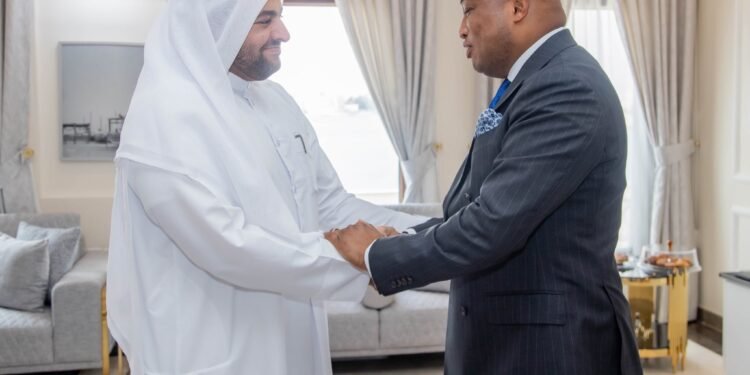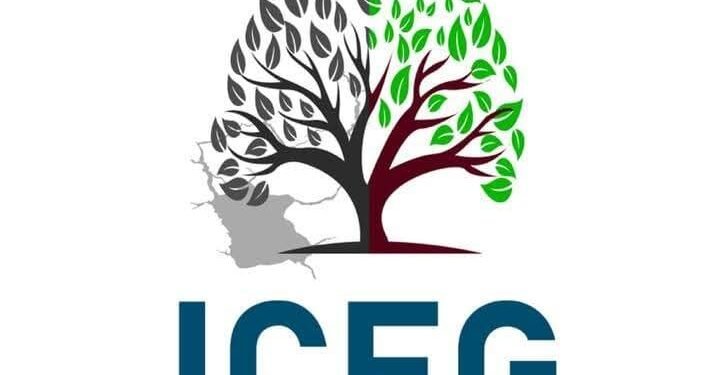Mohammed al-Houthi, the Head of the Houthi Supreme Council in Yemen, has promised to continue attacks on Israel in support of Gaza and called on the UN Security Council to take action against what he called US and Israeli “terrorism.”
The statement on X came as the Security Council met in New York to discuss the Israel-Houthi conflict.
“We affirm that respect for international law begins with the implementation of Security Council resolutions regarding Palestine. We confirm that any talk that does not include stopping the aggression on Gaza and Yemen is nonsense and chatter.”
Mohammed al-Houthi
Dorothy Shea, the US’s Deputy Envoy, condemned the Houthis attacks on Israel and pledged support for its ally.
She called for the council to respond to the Houthis and Iran and said that the US would “not hesitate to protect its own personnel, regional partners and international shipping.”
Barbara Woodward, the UK’s Ambassador, said that there was “no justification” for the Houthis attacks on Israel and Red Sea shipping and accused Iran of playing a role in heightening the escalation.
Vassily Nebenzia, Russia’s Envoy, condemned Houthi attacks on Israel, but described the military response to those assaults as “clearly not proportional” and also worthy of condemnation.
He said that January marks another year of “illegitimate military action” by the West against Yemen and called for dialogue to end the hostilities.
At the meeting, Israel’s envoy, Danny Danon, told Houthis to stop their missile attacks or risk the same “miserable fate” as Hamas.
The Israeli delegation to the UN told the emergency meeting of the Security Council that the Houthis in Yemen “are a terrorist army built and funded by Iran.”
In an interview with an Israeli Channel, the Israeli envoy said, “It is important that we get legitimacy for significant [military] action, also from the US and Britain.”
Separately, Israeli Foreign Minister, Gideon Saar called on all countries “who seek global stability” to designate the Yemeni group as a “terrorist” organisation.
Meanwhile, local media report states that Israeli Energy Minister, Eli Cohen threatened to assassinate Yemeni Houthi leader, Abdul-Malik al-Houthi as regional tensions escalate over Israel’s war on Gaza.
“I’m sending a message to the Houthi leader that if he continues with his actions, he will end up exactly like [Hamas leader Yahya] Sinwar and [Hezbollah Secretary-General Hassan] Nasrallah.”
Eli Cohen
Sinwar was killed by Israeli military forces in Gaza in October while Nasrallah was assassinated in an Israeli strike in Beirut in September.
“Our focus now is on Yemen and Iran. It should be said that unless Iran is harmed, instability in the Middle East will continue.”
Eli Cohen
Last week, Israel launched air strikes against Houthi-held positions in the capital, Sanaa, and the coastal province of Hodeidah in retaliation for Houthi drone and missile attacks.
Regional Stability In Jeopardy
Khaled Khiari, the UN Assistant Secretary-General for the Middle East, Asia and the Pacific, expressed “grave concern” over the attacks in Israel, Yemen and the Red Sea, as he briefed a UN Security Council meeting.
He said that the Middle East was witnessing another “dangerous escalation.”
He warned that further military escalation could jeopardise regional stability, with adverse political, security, economic and humanitarian repercussions.
“We must do our utmost to reverse this negative trajectory and support comprehensive efforts to end conflicts in the Middle East.
“We must preserve a path toward sustainable peace and stability that benefits all the peoples of the region.”
Khaled Khiari
He said that Yemen’s Houthi rebels have claimed at least 11 attacks on Israel since December 13, wounding at least 16 civilians and causing damage to a school and some homes.
Israel, in turn, launched air attacks on Yemen on December 19 and December 26, targeting ports, airports and energy infrastructure, killing at least 15 people and wounding dozens more.
READ ALSO: South Korea Declares Seven-Day National Mourning Period Over Plane Crash





